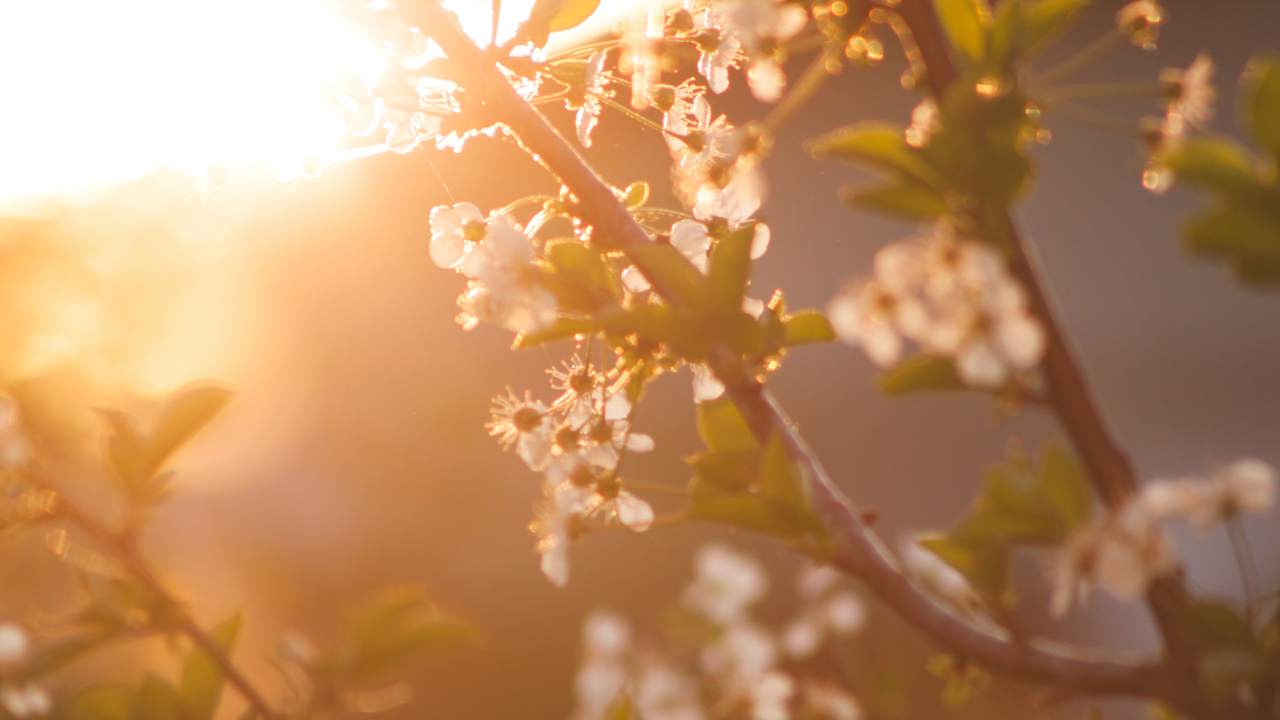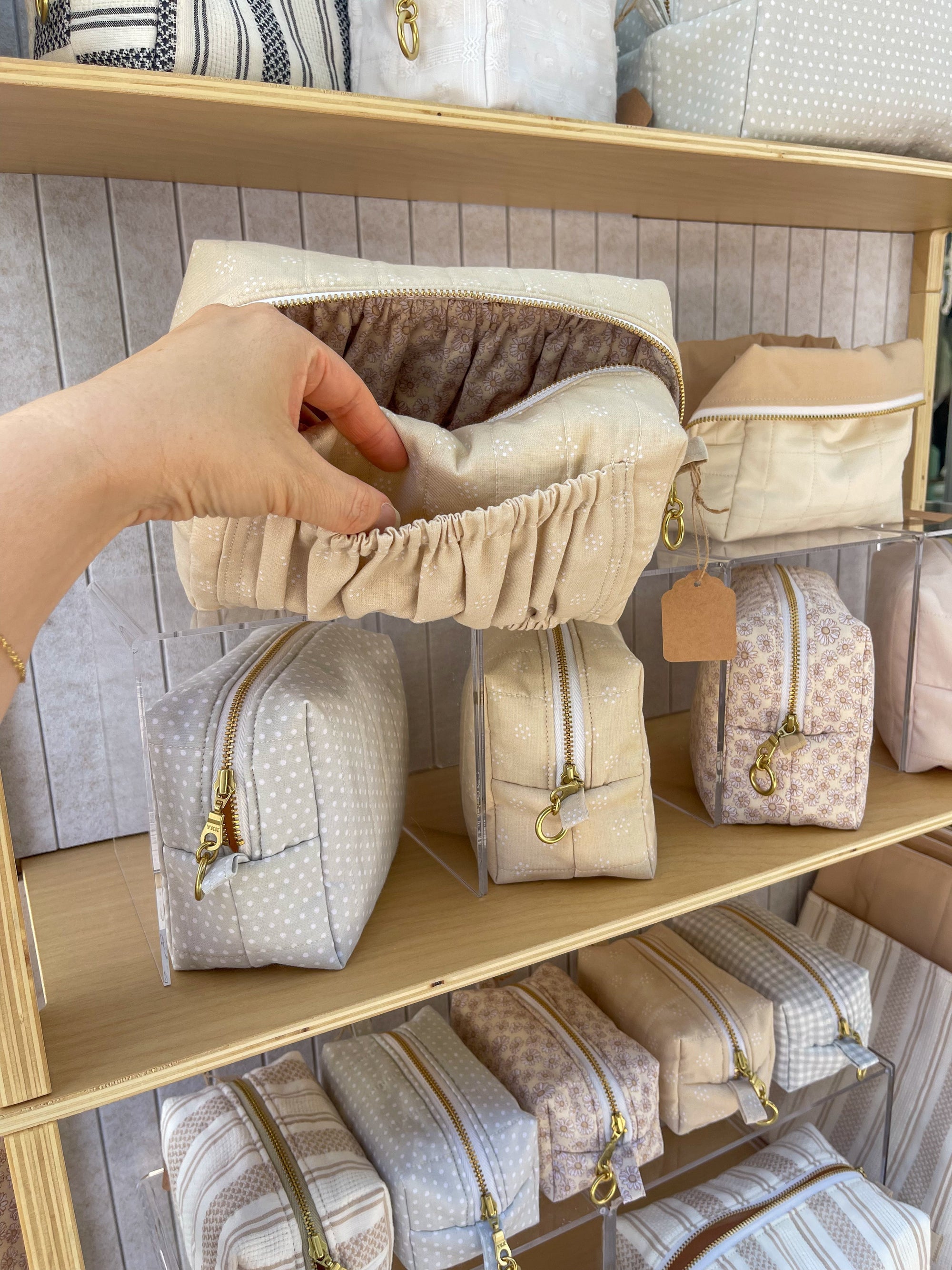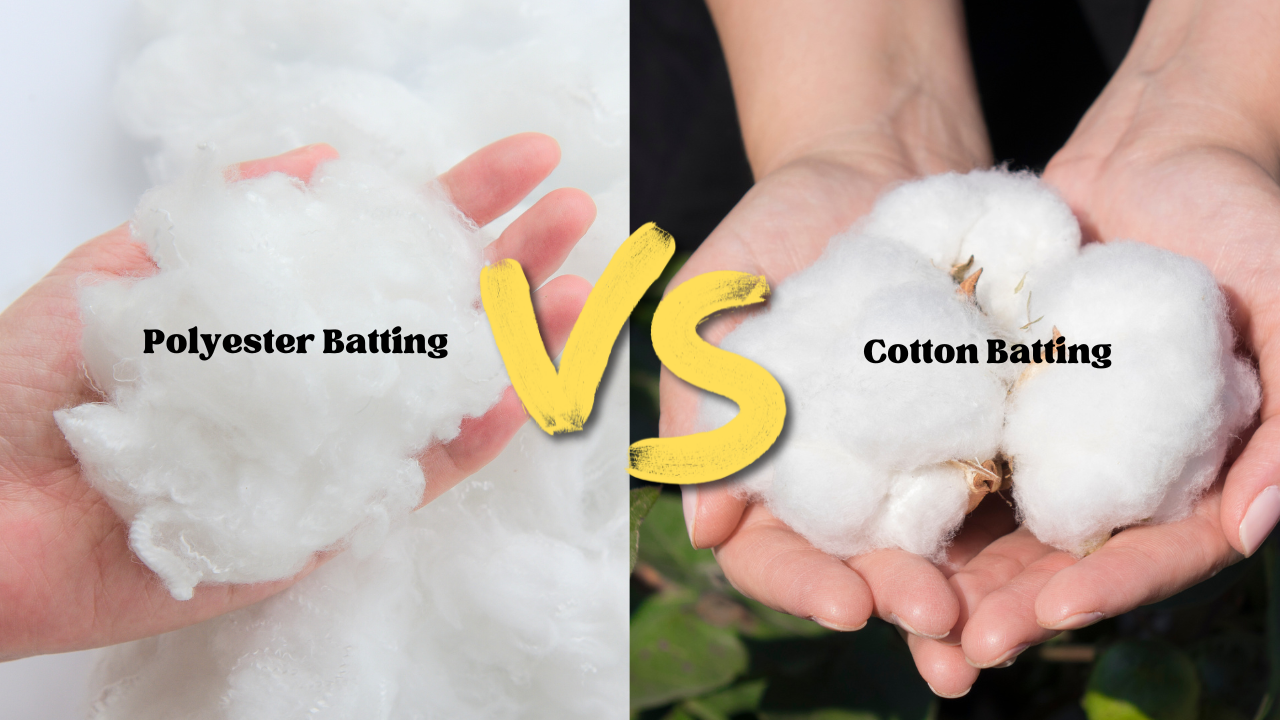Hey friend! 🌿
I don’t know about you, but when I think about living more sustainably, one of the first things I switched was my body care products—starting with bar soap. It seems like the perfect eco-friendly swap, right? It lasts longer, doesn’t need plastic packaging, and gives off this old-school, natural vibe. But is all bar soap actually eco-friendly? It’s not as straightforward as it seems, so let’s break it down together!
Here’s what you should know before assuming that every bar of soap is a green choice.
- The Plastic-Free Appeal
First off, one of the biggest reasons people switch to bar soap is the absence of plastic packaging. It’s an obvious win over those liquid soap bottles that pile up in your bathroom trash, right? Plus, a bar of soap typically lasts longer than liquid soap, so that’s another bonus for reducing waste.
That said, even though a lot of bar soaps come in recyclable or compostable paper wrappers, some brands sneak plastic into the packaging, so it’s always good to check. If you’re trying to cut down on plastic waste, make sure your soap is wrapped in paper or no packaging at all (hello, bulk stores!).
- But What’s in It?
Here’s where things get a little tricky. Just because a product looks eco-friendly doesn’t mean it is. Some bar soaps contain ingredients that are far from kind to the planet. Let’s talk about a few ingredients you might want to avoid if you’re serious about using sustainable soap.
- Palm Oil: Palm oil is in so many products, including bar soap, and it’s a major driver of deforestation, particularly in places like Southeast Asia. The production of palm oil has led to the destruction of rainforests, putting wildlife like orangutans and tigers at risk, not to mention the carbon emissions from clear-cutting forests. Some brands use sustainable palm oil, which is certified by the RSPO (Roundtable on Sustainable Palm Oil), but this certification has its own controversies. If you want to be super eco-conscious, it might be worth avoiding palm oil altogether.
- Synthetic Fragrances & Dyes: Lots of commercial bar soaps use synthetic fragrances and dyes that can contain harmful chemicals, like phthalates, which can pollute water systems and harm aquatic life. Plus, they’re not great for your skin, especially if you’re sensitive to artificial ingredients.
- Parabens & Sulfates: These chemicals, often used as preservatives or to create that foamy lather we all love, aren’t the best for the environment or our health. Parabens have been linked to hormone disruption, and sulfates can dry out your skin while also impacting water ecosystems when they wash down the drain.
- The Environmental Impact of Ingredients
Beyond avoiding synthetic ingredients, a truly eco-friendly soap is one that’s made with biodegradable, natural ingredients. That means no harsh chemicals or preservatives that linger in the environment long after the soap is gone. Instead, look for plant-based oils (like olive oil or coconut oil), organic essential oils for fragrance, and natural colorants like clays or herbal powders.
- Handmade vs. Mass-Produced
Another factor to consider when picking out your bar soap is whether it’s handmade or mass-produced. Handmade soap is usually crafted in small batches using the cold-process method, which tends to be gentler on the environment. This method requires minimal energy, and the ingredients are often more thoughtfully sourced.
- Mass-produced soap, on the other hand, often contains more synthetic ingredients and is made through a process that requires more energy. Plus, larger companies might not prioritize sustainability as much as smaller, artisan brands. So if you can, supporting small, local soap makers can be a great eco-friendly choice!
- Animal Testing & Vegan Formulas
While we’re on the topic of sustainability, it’s worth noting that not all bar soap is cruelty-free or vegan. Some bar soaps contain animal-derived ingredients, like tallow (which is animal fat) or lanolin, which is derived from sheep’s wool. While these ingredients can be natural, they might not align with everyone’s ethical values.
If you want a bar soap that’s kind to animals as well as the planet, look for vegan and cruelty-free labels. Many small soap makers and eco-conscious brands prioritize plant-based formulas that don’t harm animals or the environment.
- Packaging Still Matters
Even though we think of bar soap as being plastic-free, some companies still wrap their bars in plastic or include plastic trays inside the boxes (why, though?!). It’s always good to check that the soap you’re buying comes in sustainable packaging, whether it’s paper, cardboard, or completely package-free.
If you can find a zero-waste option, even better! Some local markets and bulk stores sell unpackaged bar soap, so you can just pop it in a reusable cloth bag and go.
- So, Is Bar Soap the Better Choice?
In general, yes—bar soap is often the more eco-friendly choice compared to liquid soap in plastic bottles, especially when you choose brands that focus on natural ingredients, ethical production, and sustainable packaging. But like with anything, not all bar soaps are created equal.
Here’s what to look for in an eco-friendly bar soap:- Natural, Biodegradable Ingredients: Avoid synthetic chemicals, fragrances, and dyes.
- Palm Oil-Free or Sustainable Palm Oil: If you want to avoid contributing to deforestation.
- Cruelty-Free & Vegan: If animal welfare is important to you.
- Plastic-Free Packaging: Look for paper, cardboard, or zero-waste options.
- Handmade & Local: Support small businesses that use sustainable production methods.
- A Final Lather
So, while not all bar soap is eco-friendly, the good news is that with a little label-checking and brand research, it’s totally possible to find a bar soap that’s great for your skin and the planet. There are so many incredible small soap makers and eco-conscious brands out there doing it right, so you can enjoy that squeaky clean feeling without the guilt.
Do you have a favorite eco-friendly soap brand or know a local maker who’s doing cool things with their soap? Share your faves in the comments! Let’s help each other discover the best options out there.
Until next time, stay fresh, stay green! 🌱


